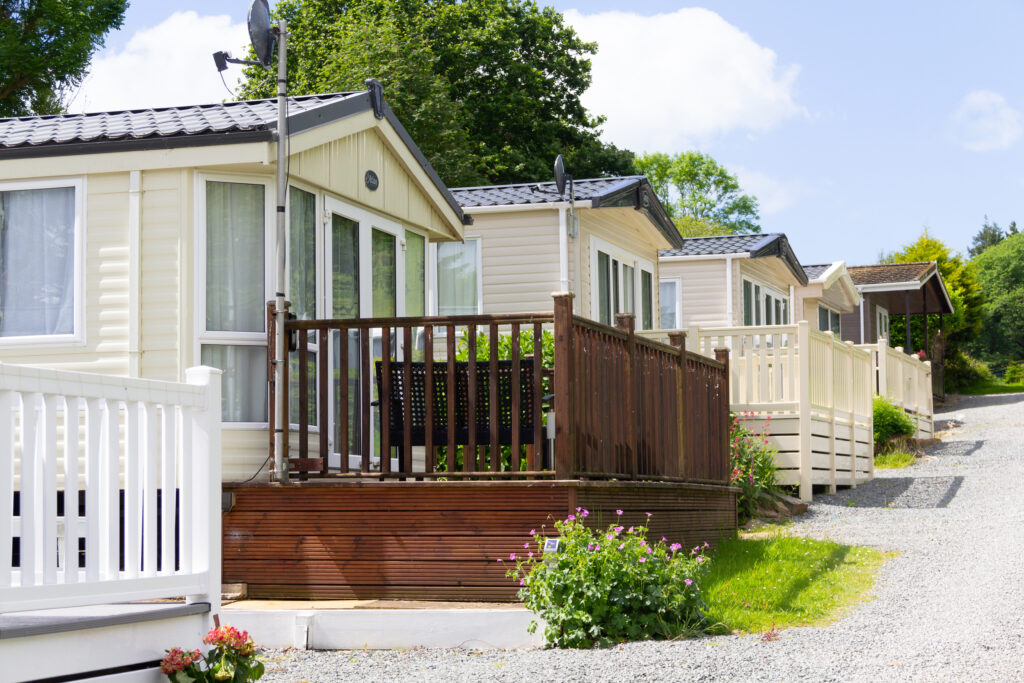
, Posted on Thursday October 17, 2024
The Eco-Friendly Advantages of Owning a Static Caravan
Table of contents
- Lower Energy Consumption
- Renewable Energy Options
- Water Conservation
- Sustainable Building Materials
- Reduced Emissions
4 minutes read time
Quick Overview
Want a greener way to holiday? Modern static caravans are built for sustainability, using less energy, offering solar or wind-power options, and promoting water-saving living. Many now use recycled or responsibly sourced materials, reducing waste and emissions compared with traditional travel. At Don Amott Parks, our Lincolnshire locations make it easy to enjoy nature, walk or cycle locally, and live more sustainably, so you can relax knowing your getaway is kinder to the planet.
Increasingly, our world is becoming more focused on the importance of sustainability. People across the planet are actively seeking ways to reduce their environmental impact across all areas of their lives – including leisure and travel.
Static caravans have great potential as eco-friendly options for holiday makers who are seeking a greener lifestyle. In this edition of the Don Amott Parks blog we’ll explore sustainable caravan living and give you some tips on how to make your static as environmentally friendly as possible.
Lower Energy Consumption
One of the main eco-friendly benefits of static caravans is due to their size. With, often, a much smaller living space than a traditional bricks-and-mortar home, a static caravan naturally uses less energy. The lower square footage means reduced heating, cooling and lighting needs – and therefore less consumption to fulfil them. The smaller space also encourages a simpler living style, which is key to sustainability.
Modern static caravans are often built with energy efficiency in mind, using techniques such as insulation materials and double-glazed windows to minimise heat loss in the winter months, and to maintain cooler temperatures during summer. There are also smaller touches a static caravan owner can use to improve their caravan’s energy efficiency, including installing energy-efficient appliances, LED lighting and a thermostat for heating control.
Renewable Energy Options
Another eco-friendly advantage of static caravans is their compatibility with renewable energy sources. Solar panels can be easily installed on the roof, and these offer a clean, renewable source of energy that can power lighting, heating and small appliances.
Turbines are also a great renewable energy option for static caravan owners. Although wind power may not be as common as solar power, in the right location a small wind turbine can generate enough electricity to reduce reliance on fossil fuels. Using both solar and wind energy systems can significantly cut down on your carbon footprint and reduce overall energy bills.
Water Conservation
The use of water is another area where static caravan owners can make a positive impact on their sustainability. Installing water-saving devices (low-flow taps, shower heads and dual-flush toilets) is a smart move. These versions of essential domestic fixtures work by limiting the amount of water flowing through them, but without compromising their functionality. Water waste can therefore be significantly reduced.
Rainwater harvesting is another way to work towards sustainability that is growing in popularity. Simple systems can be installed to collect rainwater for non-potable uses (such as watering plants, washing vehicles or even flushing toilets). Doing so reduces the reliance on a mains-connected water supply and helps caravan owners live more sustainably.
Using eco-friendly cleaning products and toiletries is an easy way to reduce harmful chemicals being introduced into the environment. These days, biodegradable and non-toxic products are widely available in our supermarkets and hardware stores and using them can make a significant difference in protecting local ecosystems and groundwater sources.
Sustainable Building Materials
Many modern statics are constructed using sustainable and recyclable materials. This manufacturing trend further reduces the environmental impact of static caravans. Some manufacturers now use timber which has been sourced from responsibly managed forests, as well as recycled steel and eco-friendly materials for insulation. These choices at the construction stage not only lower the carbon footprint but also help minimise waste.
Static caravan owners can also make their own environmentally conscious decisions when it comes to construction, in terms of refurbishing or upgrading. Opting to use second-hand furniture, reclaimed wood or recycled materials for interior decoration is a great way to not only reduce waste but also reduce their demand for new (and therefore resource-intensive) products.
Reduced Emissions
Static caravans stay in one location, unlike touring caravans which require towing and frequent travel. This means that statics generate far fewer transport emissions than more traditional holiday options including driving or flying to different destinations. For those holidaymakers who are looking to reduce their carbon footprint, static caravans offer the great advantage of minimising travel-related emissions.
When you stay in a static, you’re likely to limit your holiday spread to exploring the local area around the park, therefore reducing the need to make long car journeys. Don Amott’s parks are in scenic areas, which generally encourages walking and cycling, both of which are eco-friendly options. Our tremendous Lakeside park includes so many things to keep you entertained and occupied that you might not even think about going off-park at all!
Owning a static caravan encourages a simpler and more conscious way of life, naturally aligning with eco-friendly values which are becoming more and more important as the years go by. Living in a smaller, more manageable space equates to fewer possessions, less waste and more focus on experiences than on material goods. By being mindful of your impact on the environment, you’re much more likely to make thoughtful choices about how you use and maintain your static caravan.


